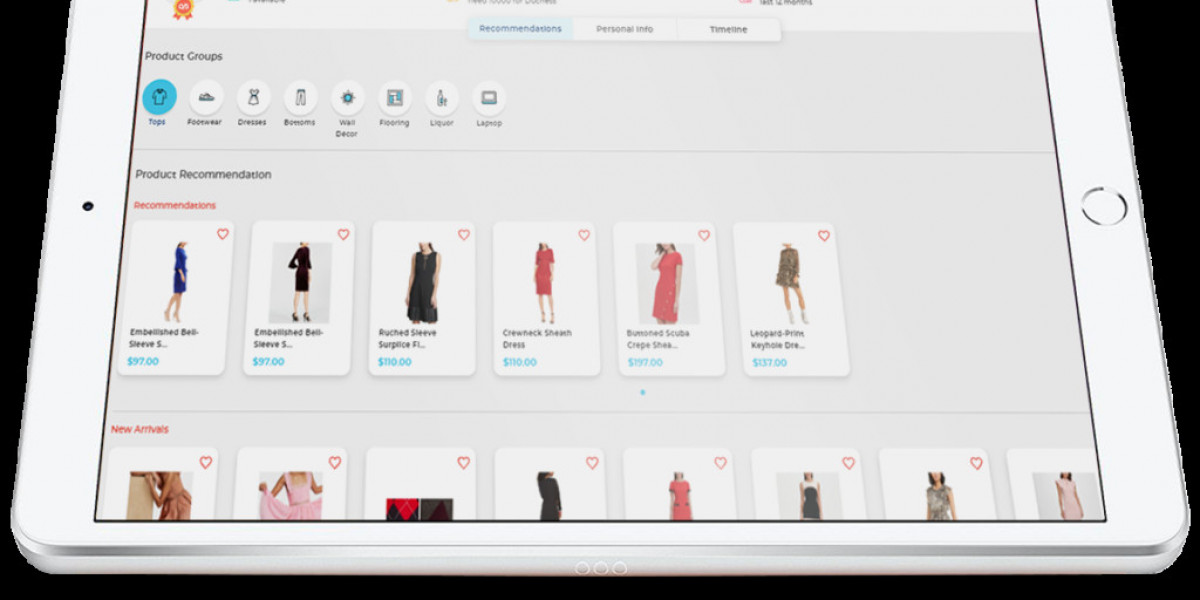Understanding Retail CRM:
At its core, Retail CRM is a strategy that focuses on building and maintaining relationships with customers throughout their journey, from initial contact to post-purchase support. It involves the use of technology, data analytics, and personalized communication to better understand customer needs, preferences, and behaviors.
Benefits of Retail CRM:
Improved Customer Insights: CRM systems enable retailers to gather and analyze customer data, including purchase history, browsing behavior, and demographic information. By understanding customer preferences and behaviors, retailers can tailor their offerings and marketing efforts to better meet individual needs.
Enhanced Customer Engagement: With Retail CRM, retailers can engage with customers across multiple channels, including email, social media, and mobile apps. Personalized communications, such as targeted promotions and recommendations, help strengthen customer relationships and increase engagement.
Efficient Inventory Management: CRM systems can integrate with inventory management software, providing retailers with real-time visibility into product availability and demand. By accurately forecasting demand and optimizing inventory levels, retailers can reduce stockouts, minimize excess inventory, and improve overall efficiency.
Increased Sales and Revenue: By delivering personalized experiences and targeted marketing campaigns, Retail CRM can drive higher conversion rates and repeat purchases. By nurturing customer relationships and encouraging loyalty, retailers can increase customer lifetime value and maximize revenue.
Enhanced Customer Service: CRM systems enable retailers to provide seamless customer service across all touchpoints, including online, in-store, and via phone. By empowering customer service representatives with access to customer data and interaction history, retailers can resolve issues more efficiently and deliver a superior customer experience.
Implementing Retail CRM:
Implementing a Retail CRM strategy requires careful planning, investment in technology, and a customer-centric mindset. Here are some key steps to consider:
Choose the Right CRM Platform: Select a CRM platform that aligns with your retail business needs, scalability requirements, and budget. Look for features such as customer segmentation, marketing automation, and integration capabilities.
Capture and Centralize Customer Data: Collect customer data from various sources, including point-of-sale systems, e-commerce platforms, and loyalty programs. Centralize this data within your CRM system to create a single view of the customer.
Segment Customers: Segment your customer base based on demographics, purchase history, and behavior. This allows you to target specific customer segments with personalized marketing messages and offers.
Automate Marketing Campaigns: Leverage marketing automation tools to create and execute targeted marketing campaigns across email, social media, and other channels. Use customer data to personalize content and messaging for maximum impact.
Measure and Optimize Performance: Monitor key performance metrics, such as customer acquisition cost, customer lifetime value, and campaign ROI. Use this data to optimize your Retail CRM strategy and drive continuous improvement.
Conclusion:
In today's digital age, Retail CRM has become indispensable for retailers looking to stay competitive and deliver exceptional customer experiences. By leveraging CRM technology, retailers can gain valuable insights into customer preferences, drive sales and revenue, and build lasting relationships with their customers. As the retail landscape continues to evolve, investing in Retail CRM will be essential for retailers seeking sustainable growth and success.







